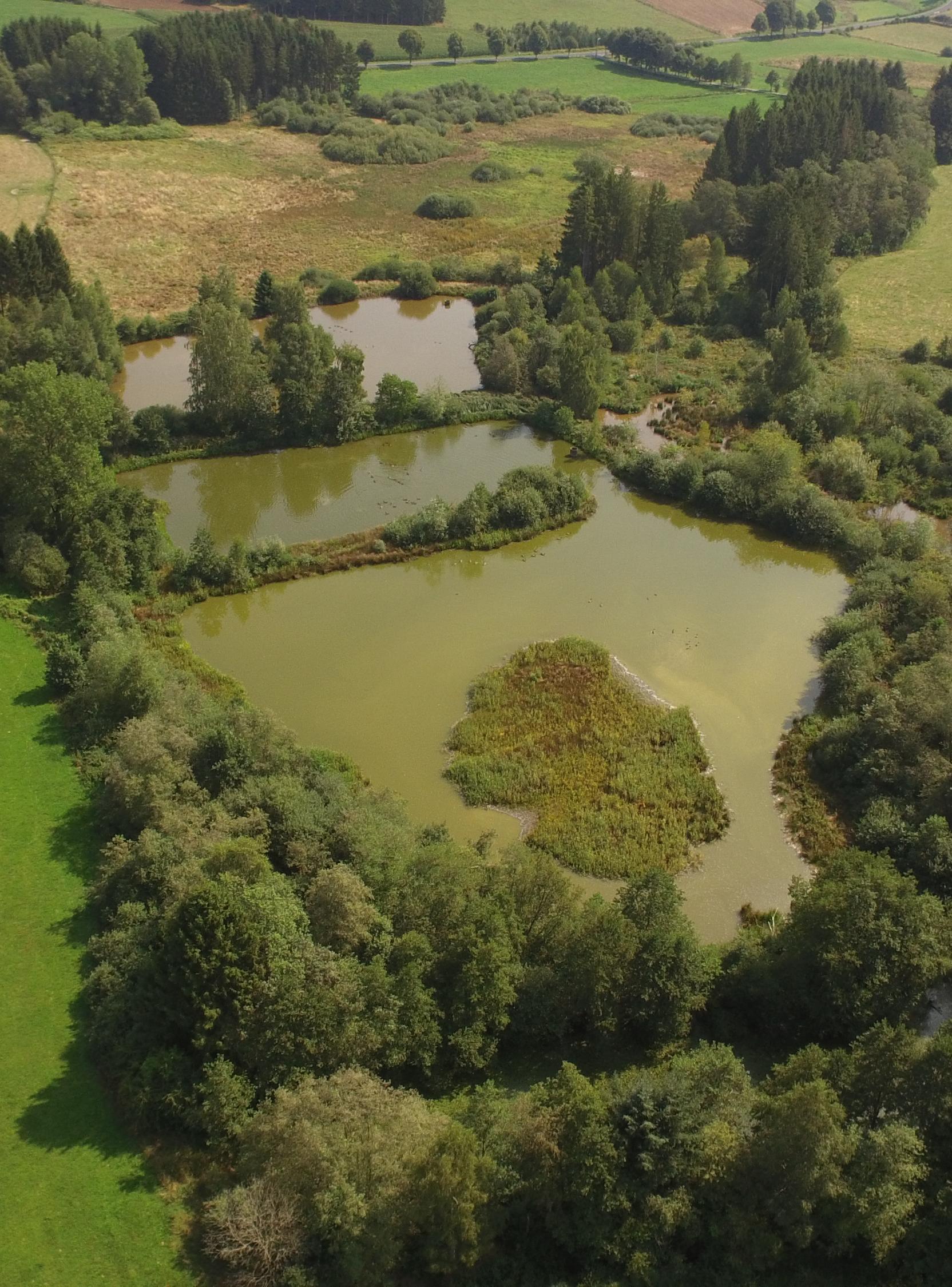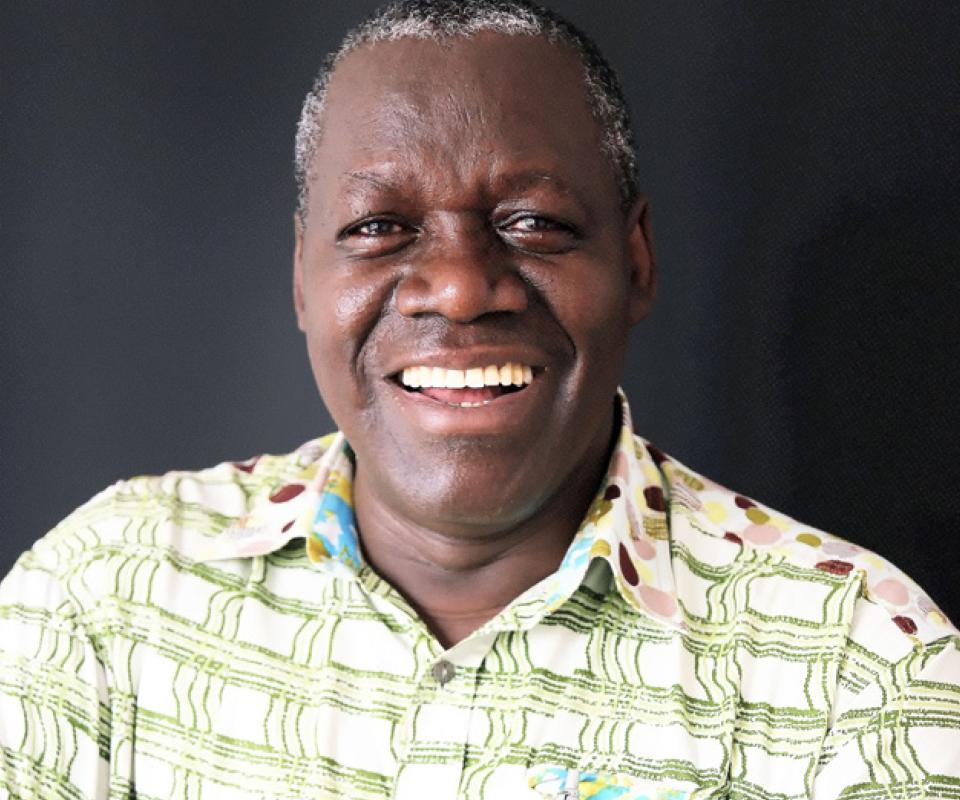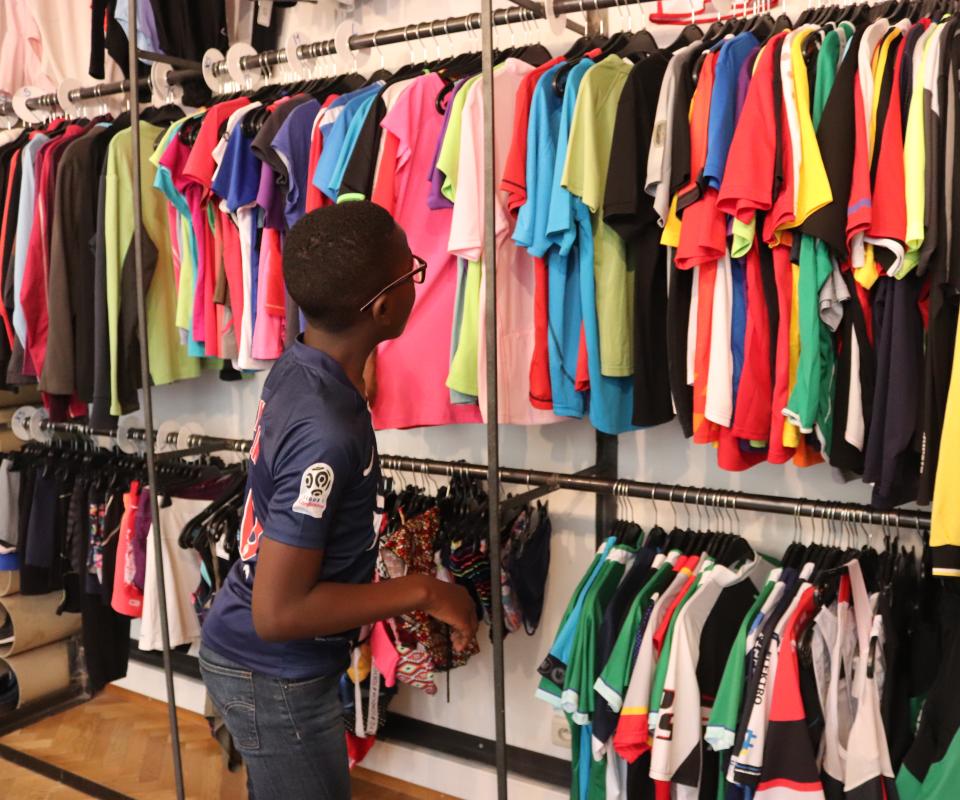
Wetlands in the Grand Duchy of Luxembourg protected thanks to the Amélie Fund
With their rare fauna and flora, wetlands are precious ecosystems that must be preserved at all costs. The Amélie Fund, created by Luxembourg philanthropists and managed by the King Baudouin Foundation, has provided an important grant to help protect a vast natural wetlands reserve in the north of the Grand Duchy of Luxembourg.
In line with its mission to preserve natural heritage, the Luxembourg Natur&ëmwelt Hëllef fir d’Natur Foundation owns and manages in an ecological manner, some 1,350 hectares of natural sites in the Grand Duchy. One of these areas is the Cornelysmillen nature reserve in the commune of Trois-Vierges. “This is one of the largest wetlands in the north of the country”, explains Kevin Jans, Land Manager with the organisation. “It covers more than 150 hectares of the valley of the River Woltz and its tributaries, and we ourselves own around 55 hectares. The remainder is worked extensively by farmers, who undertake to respect biodiversity contracts. Our own land is rented to itinerant shepherds, with whom we develop ecological management plans.”
An ecosystem under threat
Comprising riverbanks, pools, ponds, reed beds, marshlands and land where the water table is close to the surface of the ground, wetlands such as those of Cornelysmillen are of huge biological interest and are rich in very diverse vegetation and fauna. Not only do the wetlands provide buffer zones that help to regulate flooding, but they are also home to a great number of rare species, which are often dependent on these habitats, including kingfishers, red-backed shrikes, black storks and marsh clover, as well as two protected species of butterfly: the ocellate bog fritillary (Boloria eunomia) and the violet copper (Lycaena helle). “But because extensive traditional farming methods have been abandoned, the wetlands are receding and are even becoming part of the most threatened ecosystems,” stresses Kevin Jans. Since they were considered to be rather unproductive, many of them have been drained. “The use of plant protection products and chemical fertilizers has led to eutrophication and acidification of the environment. And all of this has led to a fall of 80% in the area of the wetlands in just 40 years!”
So, it is really important to safeguard a site such as Cornelysmillen. The support provided by the Amélie Fund gives the Hëllef fir d’Natur Fund the means to acquire new parcels of land when the occasion arises. “It is much easier to manage the land when we ourselves are the owners” explains Kevin Jans, because it is about more than just purchasing the land and then letting nature take its course. “Without human intervention, forest species quickly conquer the wet grasslands, to the detriment of the characteristic open spaces. Extensive grazing is not enough to stop such an invasion. It has to be complemented by mowing and clearing using specially adapted equipment. We also have to maintain and replace several kilometres of fencing to enable sheep to graze there. All of which costs money and so the support provided by the Amélie Fund is a really precious aid that enables us to finance this work.”
New ponds
The Amélie Fund is also helping with another development project to protect the newt, and in particular the crested newt. Kevin Jans explains “It’s a species that has become extremely rare in the north of Luxembourg and it is also a good indicator of wetland quality. The newts rely on the presence of a network of ponds, very close to each other, between which they can circulate. We already created ten new ponds in 2019 and it is foreseen that we will develop a further eight stretches of water, which will of course benefit other amphibians and water birds. So everything is in place to welcome the crested newt. Negotiations are currently under way with the Ministry of the Environment to re-introduce to Cornelysmillen some pairs of crested newts from the south of Luxembourg, where the species is a bit more common.
"Cornelysmillen is part of our most threatened ecosystems, hence the importance of safeguarding it."
Finally, the association does not lose sight of the importance of raising awareness among the public and keeping them informed. There is an educational trail that crosses part of the nature reserve, but which has to be maintained and renovated, including repairing the duckboards, putting up new explanatory boards and maintenance of an observation post. These too are expenses that will be co-financed thanks to support from the Amélie Fund, amounting to approximately 123,000 euros over five years.
The Amélie Fund: focus on the Grande Région Created in 2011, on the initiative of a group of Luxembourg philanthropists, the Amélie Fund supports as a priority those projects conducted in the area known as the Grand Région, comprising the Grand Duchy of Luxembourg, Wallonia, Grand-Est (France) and Sarre (Germany). The Fund’s fields of activities are varied and reflect the various interests of its founders: scientific research, health, education, fighting poverty, help for the disabled, the environment and preservation of our historic heritage. To simplify and facilitate its management, the Amélie Fund chose to be part of the King Baudouin Foundation. The Fund continues to receive support from new donors and this enables it to finance between 6 and 8 projects each year, each receiving an amount of between 20,000 and 50,000 euros. In selecting the projects that receive support, the Fund’s Management Committee seeks to arrive at a certain balance, both thematically and geographically. The environment is one of the Fund’s key priorities in 2020.
Other stories
Inspiring engagement!

The experience that led to the role of liaison officer in Africa
Europe and International
"You need integrity and curiosity."

Soft sound improves sleep quality in dementia
"On the one hand, poor sleep leads to additional problems for patients, which also affects their caregivers, often resulting in institutionalisation. On the other hand, we wonder whether poor-quality deep sleep could worsen the disease or perhaps even contribute to its development."

Sportswitch: THE recycling center for sports clothing
Inclusive transition
“We want to raise awareness about the sustainability of sports clothing.”